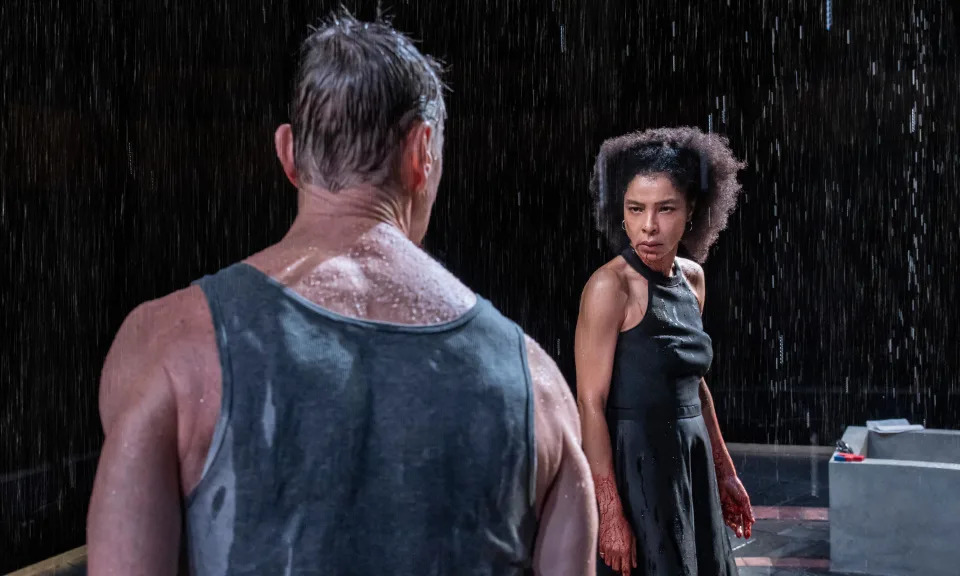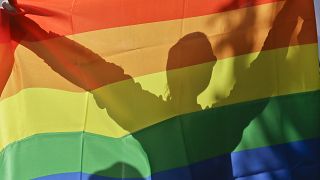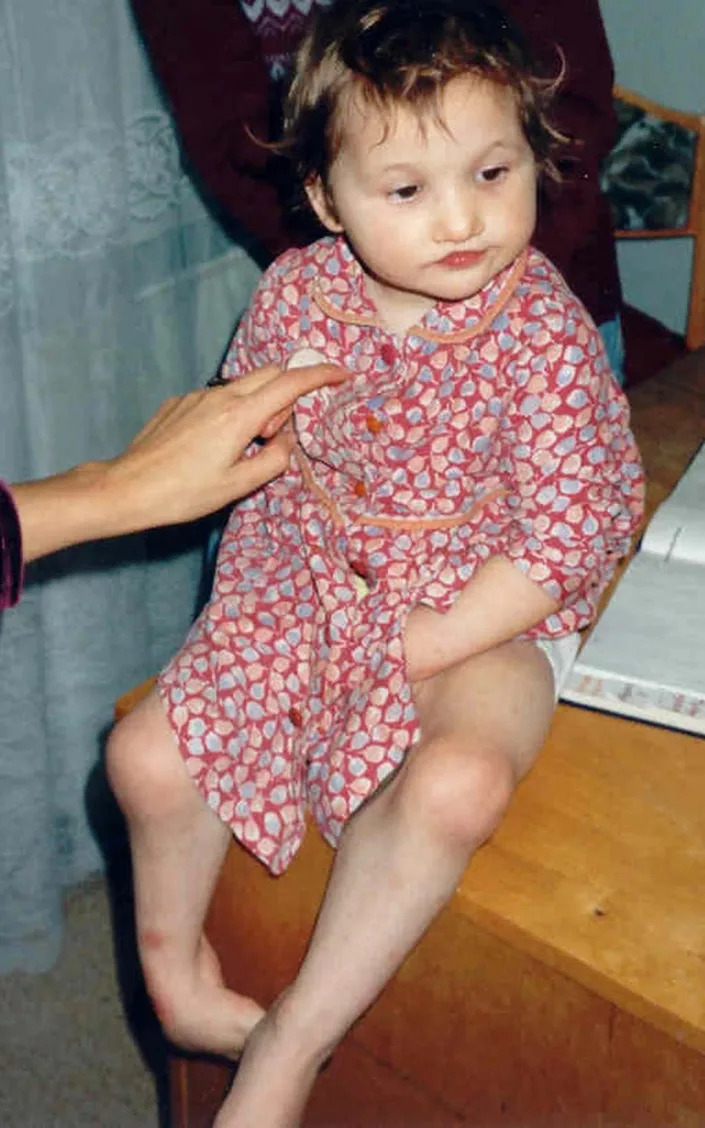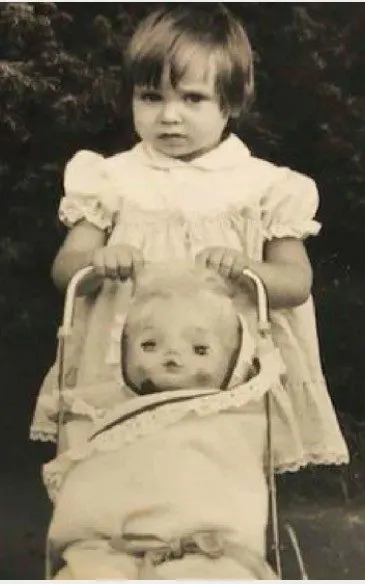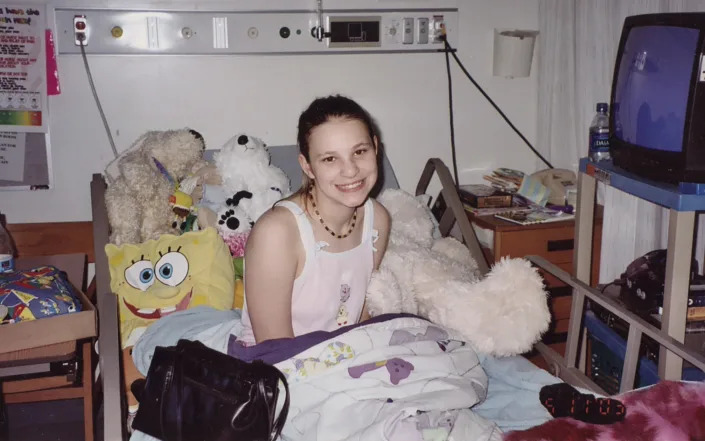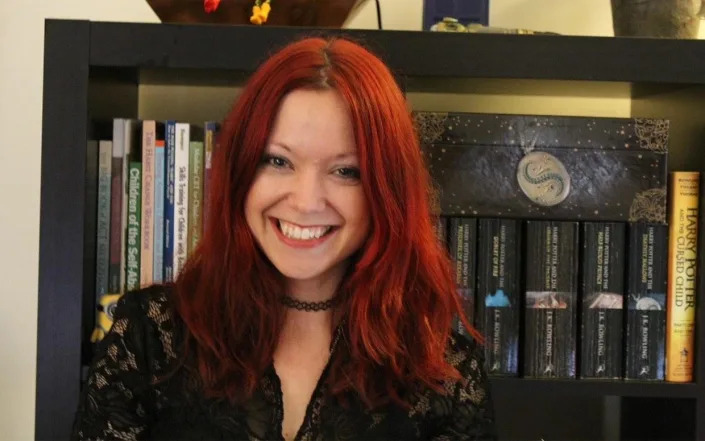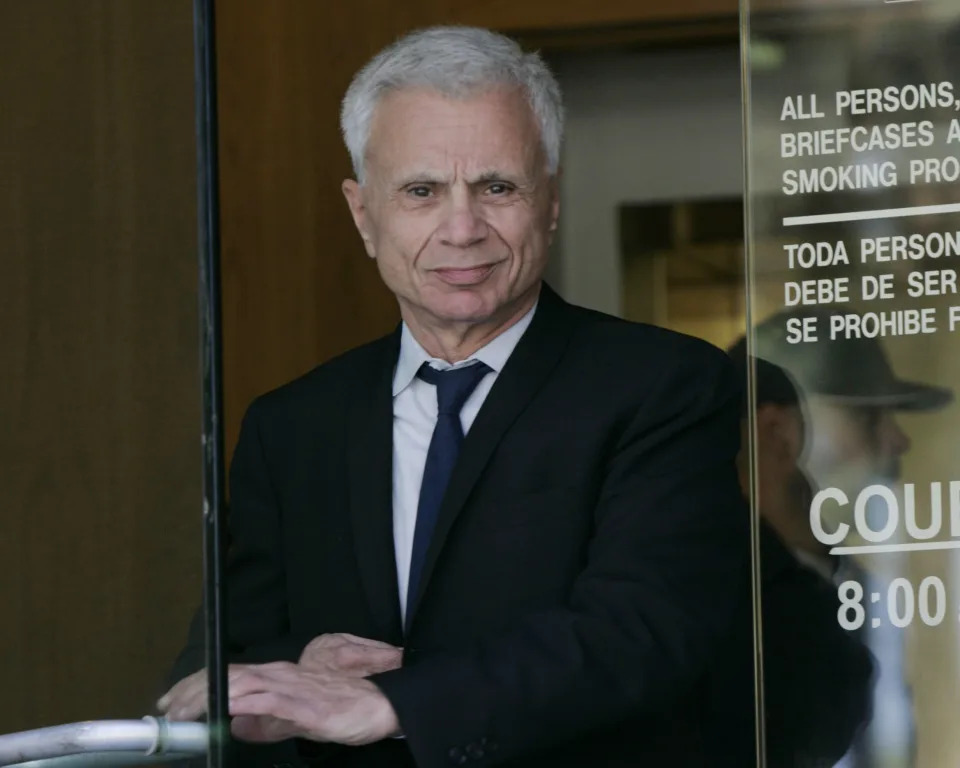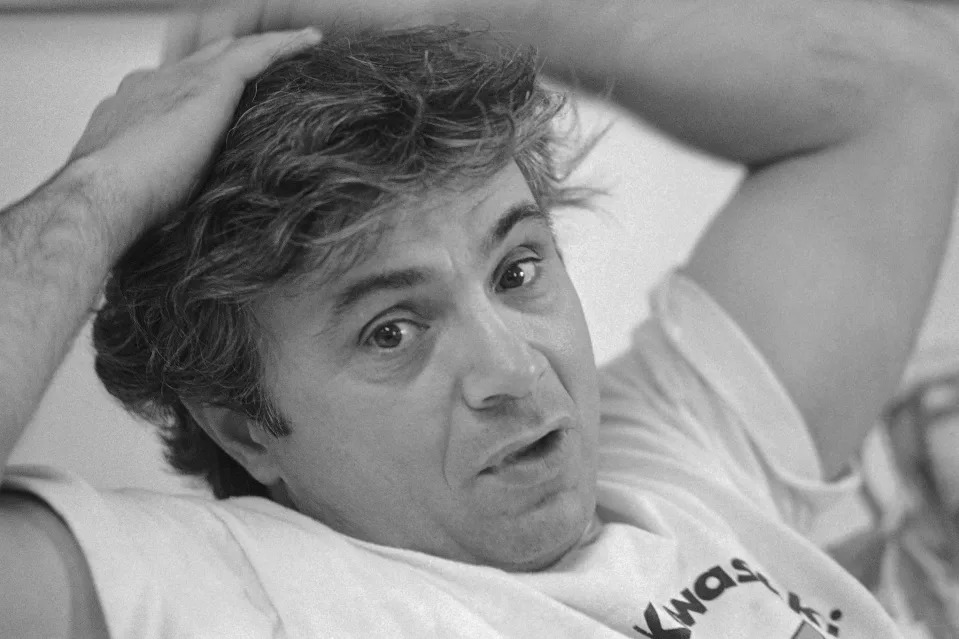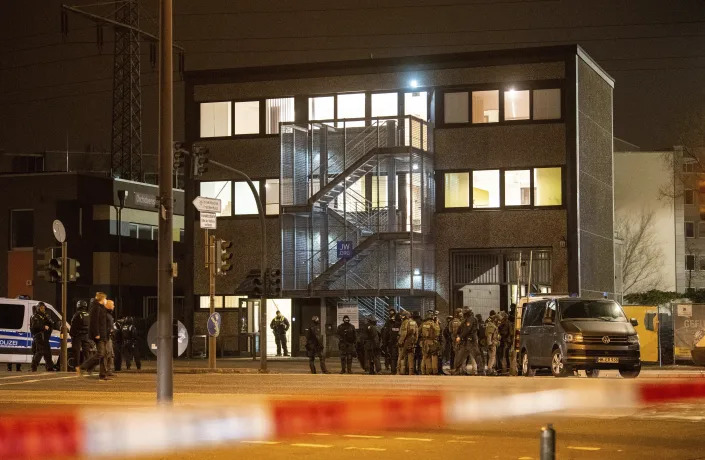Helena Horton Environment reporter
Fri, 10 March 2023
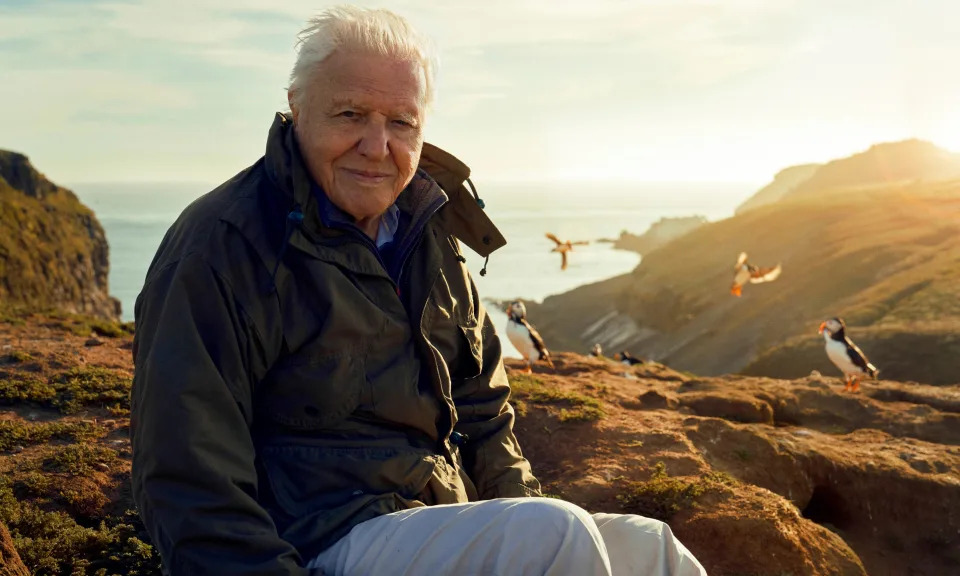
The BBC has decided not to broadcast an episode of Sir David Attenborough’s flagship new series on British wildlife because of fears its themes of the destruction of nature would risk a backlash from Tory politicians and the rightwing press, the Guardian has been told.
The decision has angered the programme-makers and some insiders at the BBC, who fear the corporation has bowed to pressure from lobbying groups with “dinosaurian ways”.
The BBC strongly denied this was the case and insisted the episode in question was never intended for broadcast.
Attenborough’s highly anticipated new series, Wild Isles, looks at the beauty of nature in the British Isles.
Narrated by David Attenborough, it is expected to be a hit, with five episodes scheduled to go out in primetime slots on BBC One.
A sixth episode has also been filmed, which is understood to be a stark look at the losses of nature in the UK and what has caused the declines. It is also understood to include some examples of rewilding, a concept that has been controversial in some rightwing circles.
Related: The truth about Britain’s wildlife crisis is stark: the timid BBC must let David Attenborough tell it loud and clear | Geoffrey Lean
The documentary series was part-funded by nature charities the WWF and RSPB, but the final episode will not be broadcast along with the others and will instead be available only on the BBC’s iPlayer service. All six episodes were narrated by Attenborough, and made by the production company Silverback Films, responsible for previous series including Our Planet, in collaboration with the BBC Natural History Unit.
Senior sources at the BBC told the Guardian that the decision not to show the sixth episode was made to fend off potential critique from the political right. This week the Telegraph newspaper attacked the BBC for creating the series and for taking funding from “two charities previously criticised for their political lobbying” – the WWF and RSPB.
One source at the broadcaster, who asked not to be named, said “lobbying groups that are desperately hanging on to their dinosaurian ways” such as the farming and game industry would “kick off” if the show had too political a message.
They added: “Frankly, this idea that you sort of put it in a separate programme to almost parcel it to one side is disingenuous. Why don’t they integrate those stories into all of them at the time?”
In a statement provided after the story was first published, the BBC said: “This is totally inaccurate, there is no ‘sixth episode’. Wild Isles is – and always was – a five part series and does not shy away from environmental content. We have acquired a separate film for iPlayer from the RSPB and WWF and Silverback Films about people working to preserve and restore the biodiversity of the British Isles.”
Alastair Fothergill, the director of Silverback Films and the executive producer of Wild Isles, added: “The BBC commissioned a five-part Wild Isles series from us at Silverback Films back in 2017. The RSPB and WWF joined us as co-production partners in 2018.
It was not until the end of 2021 that the two charities commissioned Silverback Films to make a film for them that celebrates the extraordinary work of people fighting to restore nature in Britain and Ireland. The BBC acquired this film for iPlayer at the start of this year.”
Laura Howard, who produced the programme and used to work at the BBC’s Natural History Unit, said she did not believe its messages to be political.
She told the Guardian: “I think the facts speak for themselves. You know, we’ve worked really closely with the RSPB in particular who are able to factcheck all of our scripts and provide us with detailed scientific data and information about the loss of wildlife in this country. And it is undeniable, we are incredibly nature-depleted. And I don’t think that that is political, I think it’s just facts.”
The producer said the film would touch on how farming practices had harmed wildlife, but would also profile farmers who had done the right thing.
“Those farmers are there to make the point that every farm in the country ought to be able to do a little bit at least of what they do, and that it is possible to farm alongside nature, to make a profit, to produce healthy food and to still run a business,” Howard said.
She added that she hoped a young audience would be able to find the film, as they are used to streaming on iPlayer rather than watching a broadcast.
Caroline Lucas, the Green party MP for Brighton Pavilion, said: “For the BBC to censor of one of the nation’s most informed and trusted voices on the nature and climate emergencies is nothing short of an unforgivable dereliction of its duty to public service broadcasting. This government has taken a wrecking ball to our environment – putting over 1,700 pieces of environmental legislation at risk, setting an air pollution target which is a decade too late, and neglecting the scandal of our sewage-filled waterways – which cannot go unexamined and unchallenged by the public.
“BBC bosses must not be cowed by antagonistic, culture war-stoking government ministers, putting populist and petty political games above delivering serious action to protect and restore our natural world. This episode simply must be televised.”
Chris Packham, who presents Springwatch on the BBC, also criticised the decision. He told the Guardian: “At this time, in our fight to save the world’s biodiversity, it is irresponsible not to put that at the forefront of wildlife broadcasting.”
Stephen Moss, a natural historian and TV producer who has worked for the BBC on nature programmes, said focusing on a conservation angle could win political support for the cause. He said: “Often, if you lead on environmental issues, people genuinely turn off. But if you drip feed it within the programmes and then hit people with a message at the end when you convince them how brilliant wildlife is, it tends to work.
“With Blue Planet, you got Theresa May standing up and Philip Hammond, the chancellor at the time, saying: ‘this is the BBC as its very best’, doing what Conservatives never do, basically praising the BBC and saying: this is fantastic. So maybe that will happen with this. I wouldn’t be at all surprised if Tory politicians jump on the bandwagon and go on and on about how brilliant it is.”
The charities involved in the programme are already using it to launch a campaign – unaffiliated with the BBC – called Save Our Wild Isles. They have gained the support of the National Trust, the Guardian understands.


